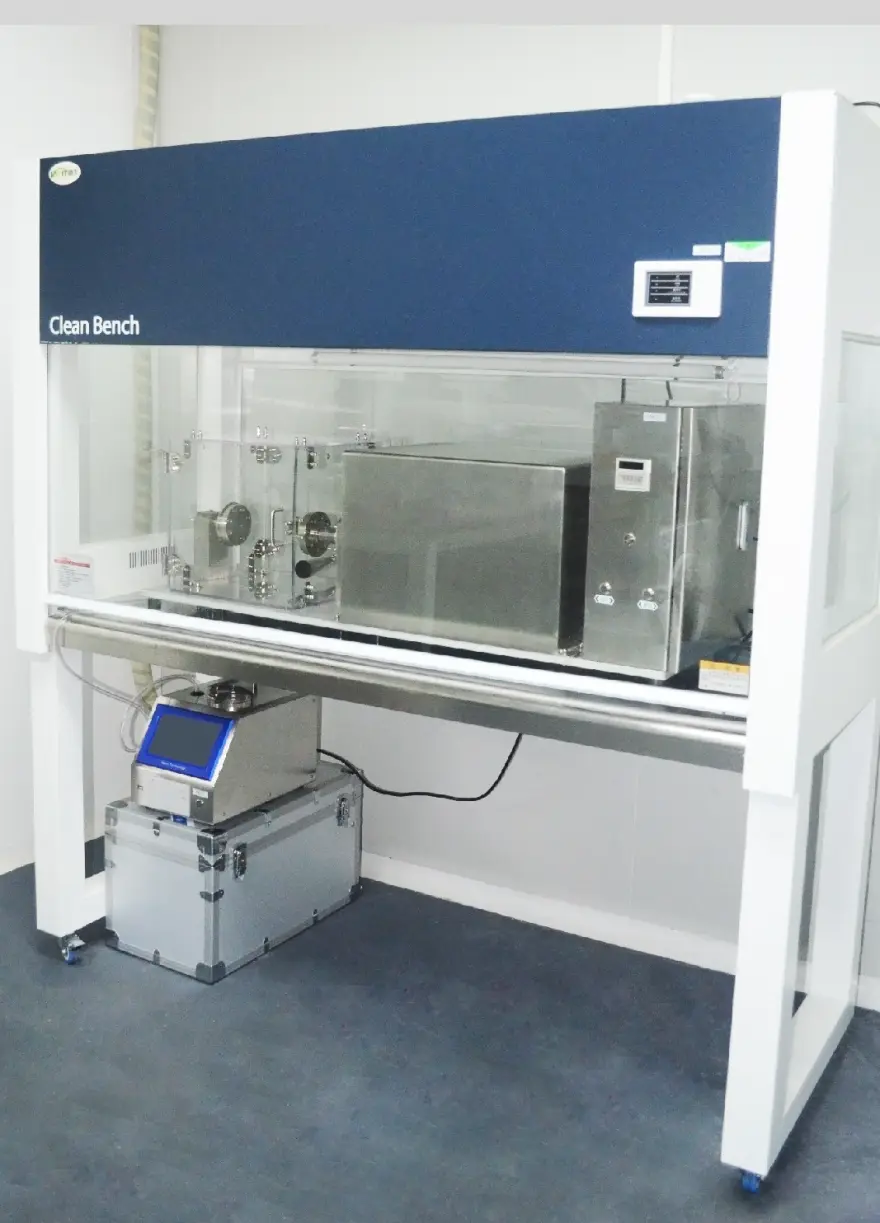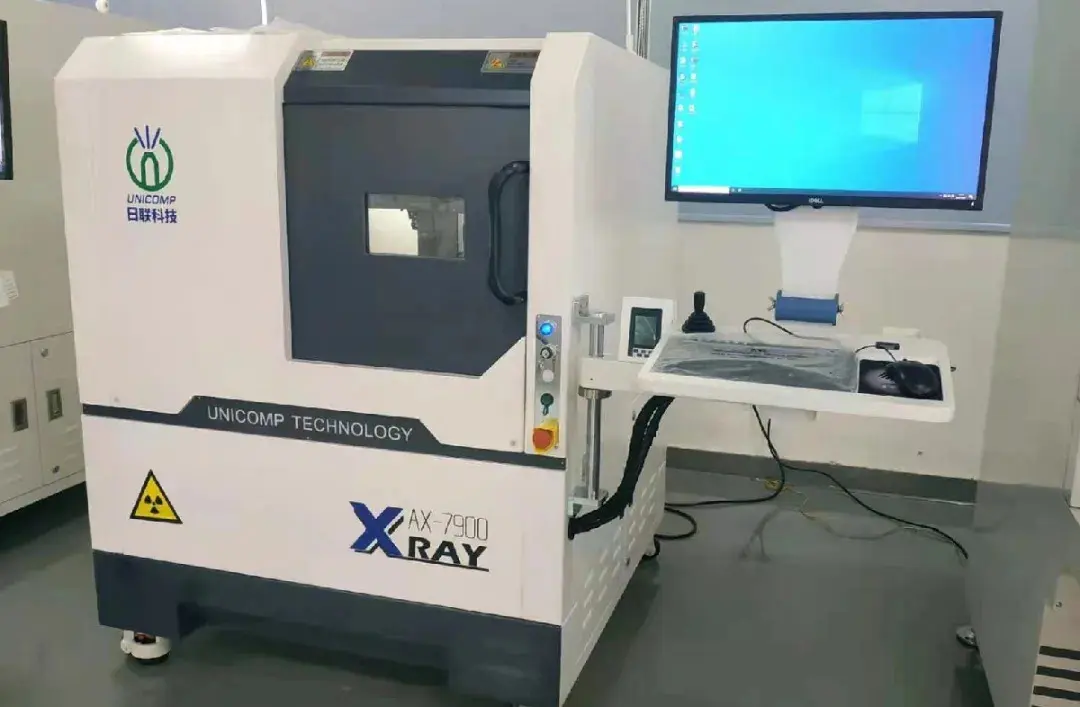
Electric Toys EU EN 62115 Testing
Significance of EU EN 62115:
The EN 62115 standard reduces risks when playing with electric toys, especially those not obvious to users. It sets safety requirements for toys with at least one electrically powered function. Electric toys are products designed or intended (whether exclusively or not) for children under 14 years of age to play with. The standard considers reasonably foreseeable use and acknowledges that children are generally less careful than adults.
EN 62115:2020 only covers the safety aspects of electric toys related to electrical functions. It includes toys powered by any source, such as batteries, transformers, solar cells, and inductive connections.
EN 62115:2020 General Tests Include:
- Creepage distance test
- Accessibility of parts or components
- Battery testing
- Tensile strength test
- Drop test
- Stability test
- Static strength test
- Dynamic strength test
- Power input
- Heating and abnormal operation
- Steel rod test
- Electrical strength at operating temperature
- Moisture resistance
- Mechanical strength
- Small battery test
- Switches and automatic control device testing
- Torque of screws and nuts
- Heat resistance
- Fire resistance
- Light radiation
Common Causes of Non-compliance in EN 62115 Electric Toy Testing:
1. Short circuits between accessible live parts on the toy, leading to failures in short-circuit temperature rise tests, often occurring in battery compartments.
2. Mechanical impacts from a 0.7±0.05J impact hammer on parts like "moving parts housings, insulation housings between parts of different polarity, housings of non-sealed liquid-containing batteries" (e.g., battery compartment covers, motor protection housings), causing damage to housings and making moving, heating, and corrosive parts easily accessible, as well as creating short circuits between parts of different polarity.
3. Structural inability of toys to effectively protect and secure soft wires and cables, leading to insulation damage, contact with moving parts, or reduced electrical clearance and creepage distances below standard requirements, is a significant cause of non-compliance in ride-on toys like electric cars.
JJR Laboratory in China is a third-party testing company with EMC and RF laboratories, possessing CMA accreditation and CNAS qualifications (ISO17025 international recognition). They offer EN 62115 testing.
Email:hello@jjrlab.com
Write your message here and send it to us
 Packaging Validation ISO 11607 Test Report
Packaging Validation ISO 11607 Test Report
 What is the ISO 11607-1 Packaging Validation Test?
What is the ISO 11607-1 Packaging Validation Test?
 How to get an ISO 11737-1 Test Report?
How to get an ISO 11737-1 Test Report?
 Orthopedic Implant Cleanliness Testing
Orthopedic Implant Cleanliness Testing
 What is ISO 10993-23:2021 Irritation Testing?
What is ISO 10993-23:2021 Irritation Testing?
 ISO 10993-23 Irritation Testing Laboratory
ISO 10993-23 Irritation Testing Laboratory
 EMI Emissions Testing
EMI Emissions Testing
 EMC Standards for Medical Devices
EMC Standards for Medical Devices
Leave us a message
24-hour online customer service at any time to respond, so that you worry!




